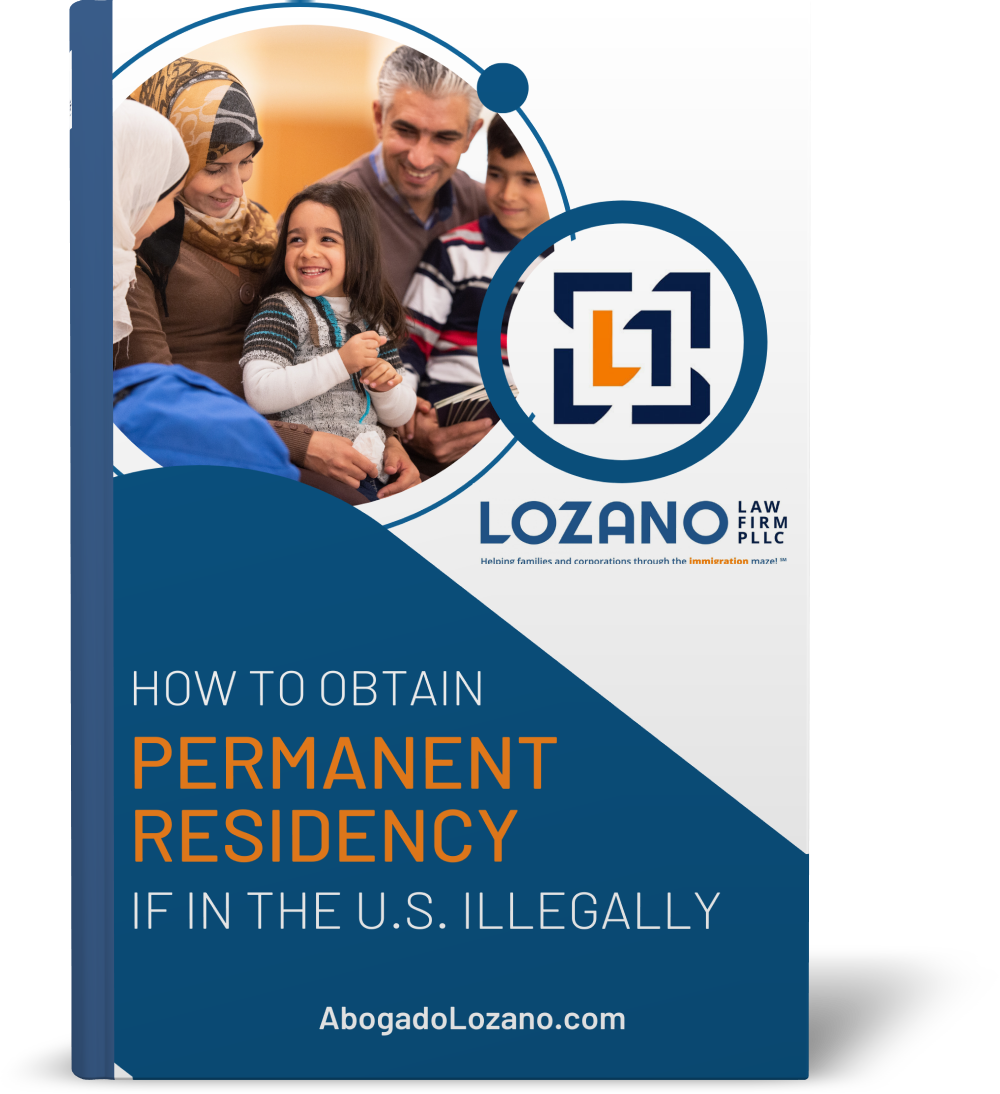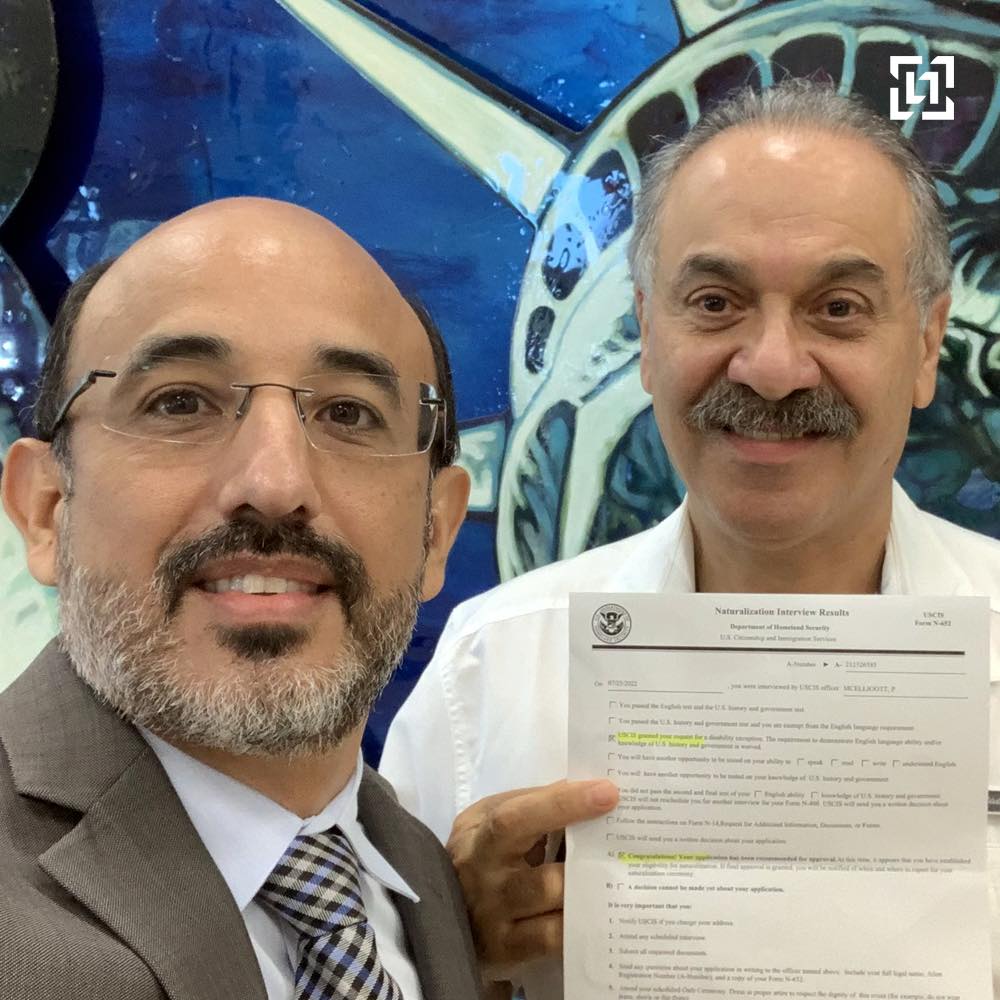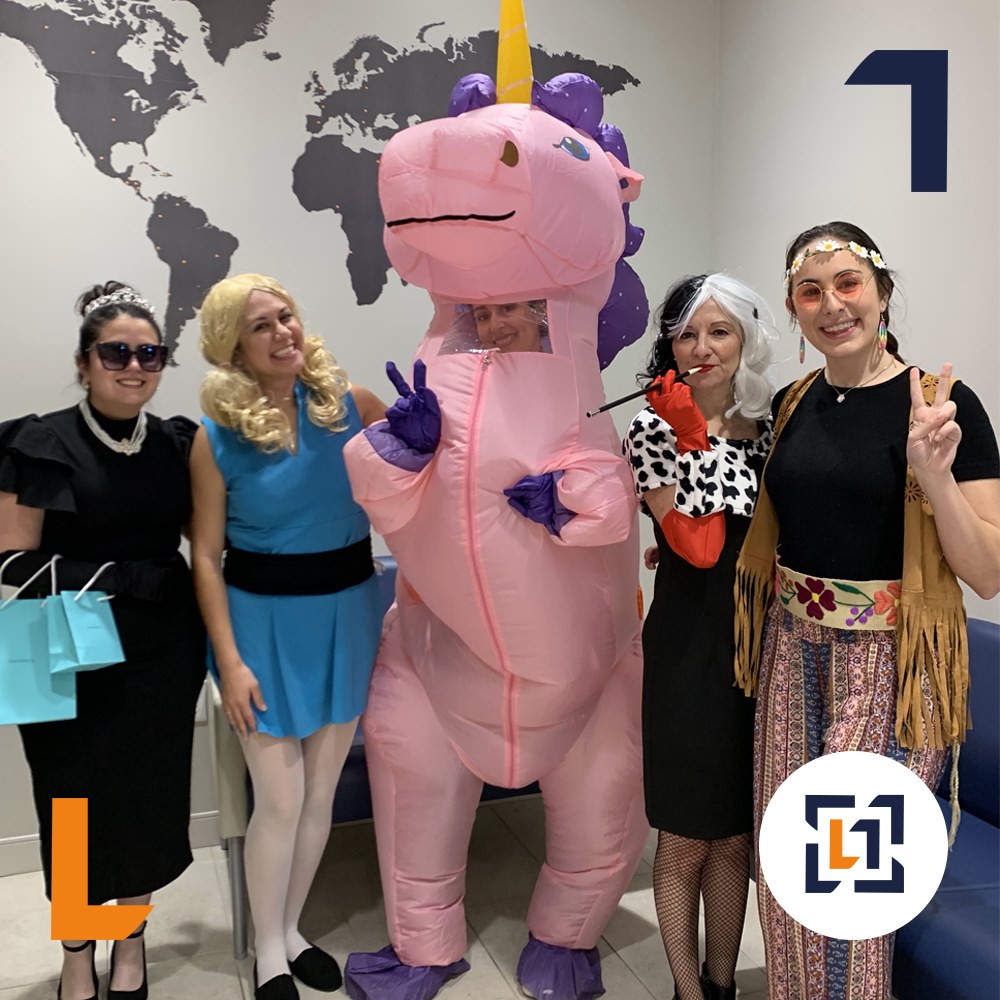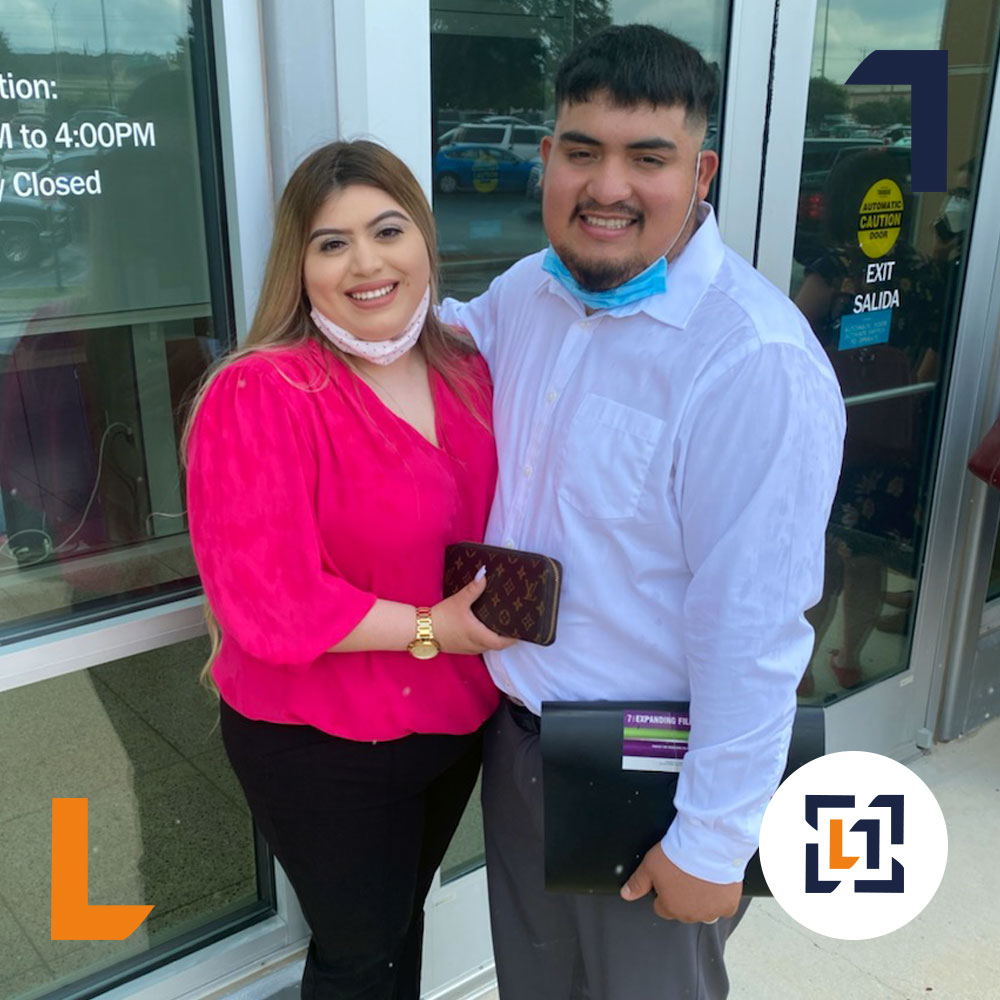A family based Green Card petition allows U.S. citizens and lawful permanent residents to sponsor relatives for permanent residency in the country. This process helps families reunite and build their lives together in the United States. However, understanding the eligibility requirements is important before starting your application. Knowing who qualifies for a family-based Green Card can save time and effort.
This article will cover all aspects of eligibility, from defining a family-based Green Card to special considerations. Read on to learn everything you need to know about family-based eligibility and how a skilled immigration lawyer can assist you.
What Is A Family Based Green Card?
A family-based Green Card lets relatives of U.S. citizens and lawful permanent residents live and work permanently in the U.S. This type of Green Card is a pathway to citizenship and allows holders to sponsor other family members in the future.
This type of Green Card is an important pathway to citizenship and offers several benefits. It’s a valuable step for many families looking to reunite and build a life in the U.S.
The primary goal is to reunite families, enabling them to live together and thrive. Family-based Green Cards fall under two categories: immediate relatives and family preference.
Immediate relatives include spouses, unmarried children under 21, and parents of U.S. citizens. Family preference categories cover a wider range of relatives but are subject to annual Visa caps, making the process longer for some applicants.
Immediate Relatives & Family Preference Categories
As mentioned earlier, immediate relatives and family preference are two categories for family-based Green Cards. This category is not subject to annual Visa limits, which means Visas are always available for these relatives, making the process faster.
Immediate relatives include:
- Spouses of U.S. citizens.
- Unmarried children under 21 of U.S. citizens.
- Parents of U.S. citizens if the petitioner is 21 or older.
On the other hand, family preference categories include:
- First Preference (F1): Unmarried sons and daughters (21 and over) of U.S. citizens.
- Second Preference (F2A): Spouses and children (unmarried and under 21) of lawful permanent residents.
- Second Preference (F2B): Unmarried sons and daughters (21 and over) of lawful permanent residents.
- Third Preference (F3): Married sons and daughters of U.S. citizens.
- Fourth Preference (F4): Brothers and sisters of U.S. citizens if the petitioner is 21 or older.
Unlike immediate relatives, the family preference categories are subject to annual limits set by the U.S. Citizenship and Immigration Services (USCIS), leading to longer wait times. A family-based Green Card lawyer can help applicants know what to expect during the process.
Family Based Green Card Eligibility Requirements
Several criteria must be satisfied to qualify for a family-based Green Card. Understanding these requirements is crucial for bringing your loved ones to the United States.
Relationship
The cornerstone of eligibility is a qualifying family relationship with a U.S. citizen or lawful permanent resident. This connection must be clearly documented and meet specific guidelines set by USCIS.
This step involves providing solid evidence of the family tie, such as birth certificates, marriage certificates, or adoption papers. It also includes proof of the petitioner’s U.S. citizenship or permanent residency.
Visa Petition
To get the ball rolling, the petitioner needs to file Form I-130, Petition for Alien Relative, with USCIS. This form is crucial as it officially establishes the family relationship between the petitioner and the beneficiary. Accurate and thorough completion of this form and the necessary supporting documents are essential for the process to move forward smoothly.
Visa Number
The availability of Visas differs depending on the type of family relationship. For immediate relatives, such as spouses, parents, and unmarried children under 21 of U.S. citizens, Visas are available without numerical limits, making the process generally quicker.
However, there are annual Visa caps for family preference categories. This factor can lead to longer wait times, sometimes stretching into several years.
Understanding and meeting these basic eligibility requirements can significantly boost the odds of a successful family-based Green Card application. Consult a family-based Green Card lawyer to determine the most suitable application strategy.
Financial Sponsorship & Affidavit Of Support
Financial sponsorship plays a significant role in family-based Green Card applications. The petitioner must demonstrate the ability to support the beneficiary financially, ensuring they will not become a public charge. This is done by submitting Form I-864, Affidavit of Support.
The petitioner must meet specific income requirements based on federal poverty guidelines, which vary depending on household size. If the petitioner’s income is insufficient, they may use assets or obtain a joint sponsor to meet the requirements.
The Affidavit of Support must include proof of income, such as tax returns, pay stubs, and employment letters. Ensuring financial stability reassures USCIS that the beneficiary will not require public assistance and can support themselves in the United States.
Properly completing and submitting Form I-864 is crucial for the success of the family-based Green Card application, as it demonstrates the petitioner’s commitment to financially supporting their relative.
Other Eligibility Factors For Family Based Green Card
In addition to the basic requirements and financial sponsorship, other factors affect eligibility for a family-based Green Card. These factors that can affect eligibility include:
- Criminal Background Checks. Applicants must undergo a criminal background check to ensure they do not pose a security risk. Certain criminal convictions may make an applicant inadmissible.
- Health Requirements. Health requirements also play a role; applicants must comply with medical examinations and receive necessary vaccinations.
- Public Charge Rule. Applicants must show they are not likely to become a public charge.
- Security Clearances. Security clearances and other background checks are conducted to verify the applicant’s eligibility.
These factors ensure that applicants are suitable for permanent residency. A family-based Green Card lawyer can help gather all required documents and information to demonstrate compliance with USCIS standards.
Conditional Green Cards & Special Considerations
Some relatives receive conditional Green Cards, which are temporary and valid for two years. This applies to spouses of U.S. citizens or lawful permanent residents married for less than two years.
The couple must file Form I-751 or Petition to Remove Conditions on Residence before the temporary card expires. They must prove the marriage is genuine by providing evidence such as joint bank accounts, leases, and other shared documents.
Meanwhile, some relatives have special considerations or exceptions:
- K-1 Fiance Visa Holders: Fiancé(e)s of U.S. citizens who marry within 90 days of entering the U.S.
- VAWA Self-Petitioners: Victims of domestic abuse can self-petition under the Violence Against Women Act (VAWA).
- Widowers Of U.S. Citizens: Can apply for a Green Card within two years of the citizen’s death if they were married at the time of death.
- Stepchildren & Stepparents: Qualify if the marriage creating the step-relationship occurred before the child turned 18.
- Adopted Children: Must be adopted before age 16 and have lived with the adoptive parent for at least two years.
Each of these categories has specific requirements and exceptions to the general rules. Getting the help of a family based immigration attorney allows you to navigate your unique situation successfully.
How Lozano Law Firm Can Help With Your Green Card Applications
Lozano Law Firm, led by experienced attorney Alfredo Lozano, focuses on family-based Green Card applications. With a deep understanding of U.S. immigration laws, the firm assists clients in San Antonio, Eagle Pass, and San Angelo.
We offer the following:
- Comprehensive Case Evaluation: Assess your eligibility and identify the best course of action.
- Form Preparation & Filing: Ensure all forms are correctly filled out and submitted on time.
- Document Gathering: Help you collect and organize the necessary documents to prove your family relationship.
- Interview Preparation: Get you ready for your consular interview or adjustment of status interview with mock interviews and tips.
- Handling RFEs & Appeals: Provide support if you receive a Request for Evidence or if your application is denied.
Contact us today if you need assistance with your family-based Green Card application. We are ready to help you every step of the way. Schedule a free case evaluation and get started on your path to permanent residency in the U.S.
Family-based Green Cards allow U.S. citizens and lawful permanent residents to sponsor relatives for permanent residency. Understanding eligibility requirements is key. This guide covers everything from defining family-based Green Cards to special considerations.
Several factors, such as immediate relatives, family preference categories, financial sponsorship, and special considerations, affect the application. Overcoming common challenges and knowing the steps involved can smooth your path to reuniting with your family in the U.S. Don’t go through the process alone; Lozano Law Firm offers skilled assistance for successful applications.

























